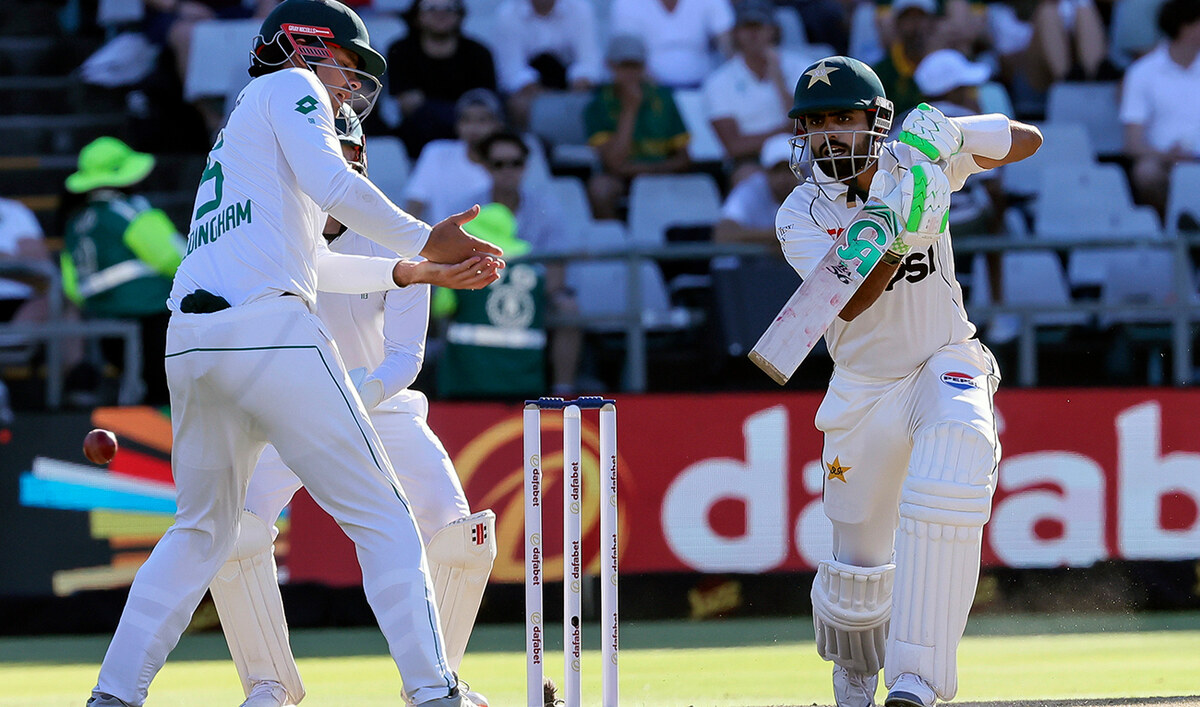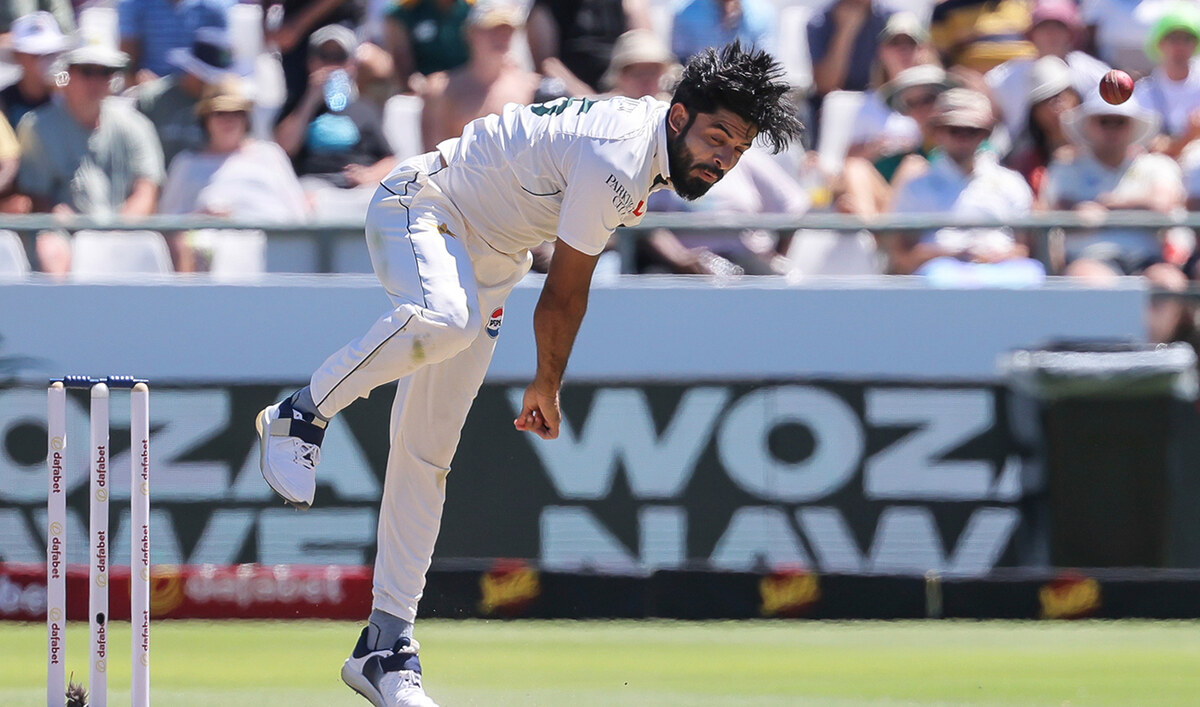ISLAMABAD: Pakistan’s Interior Minister Mohsin Naqvi warned a prominent Pashtun rights group against stoking ethnic division in the country on Wednesday, as protests in the country’s northwestern province claimed the lives of three people.
At least three protesters were killed on Wednesday afternoon as clashes erupted between Pakistani police and supporters of the Pashtun Tahafuz Movement (PTM) in the northwestern town of Jamrud near Peshawar city.
The clashes erupted during protests by the PTM against a ban placed on the group by Pakistan’s interior ministry on Sunday. The ministry said it had banned the PTM, alleging that the group was found to be involved in activities prejudicial to the peace and security of the country.
The PTM alleges Pashtuns have faced rights abuses during Pakistan’s war against militants, mainly in its northwestern Khyber Pakhtunkhwa province. It blames Pakistan’s powerful military for rights abuses in the northwestern province, a charge the institution has consistently denied.
“The main reason for banning them two days ago was that you, on the one hand, are abusing your state institutions and police. You are promoting ethnic discrimination and talking to the nation about division,” Naqvi said at a press conference.
The minister pointed out that as per Pakistani law, if an organization is declared a proscribed entity its offices are sealed, bank accounts closed, arms licenses, passports, and identity cards are canceled and restrictions are placed on it regarding its media interactions and travel.
“Anyone who helps them [PTM] or facilitates them will face the same restrictions,” Naqvi warned.
The PTM plans to hold a tribal jirga or tribal council gathering of thousands of people from Oct. 11-13 in defiance of the state’s ban in Jamrud. Naqvi warned the Pashtun rights group against holding the event, saying that the government would share important details of the PTM’s funding in the upcoming days.
“On the one hand you are calling it a jirga and then also calling it a court,” he said. “This is the decision of Pakistan’s government that we cannot allow any parallel judicial system in the country.”
Formed by veterinary sciences student Manzoor Pashteen in 2014, the PTM was a pressure group that shot to national prominence when they spearheaded protests against the killing of Naqeebullah Mehsud, a young garment trader and aspiring model shot dead by police in Karachi in 2018.
In the 2018 election, PTM leaders Mohsin Dawar and Ali Wazir were elected to parliament from Pakistan’s restive North and South Waziristan districts, respectively.
The PTM says it has faced harassment, intimidation and censorship at the hands of Pakistan’s powerful military, which has ruled the country directly for over 30 years since it gained independence in 1947.
The military denies the PTM’s accusations and has often accused it of being funded by foreign intelligence agencies, notably Afghanistan’s National Directorate of Security (NDS) and India’s Research and Analysis Wing (RAW). The PTM denies these allegations.
























